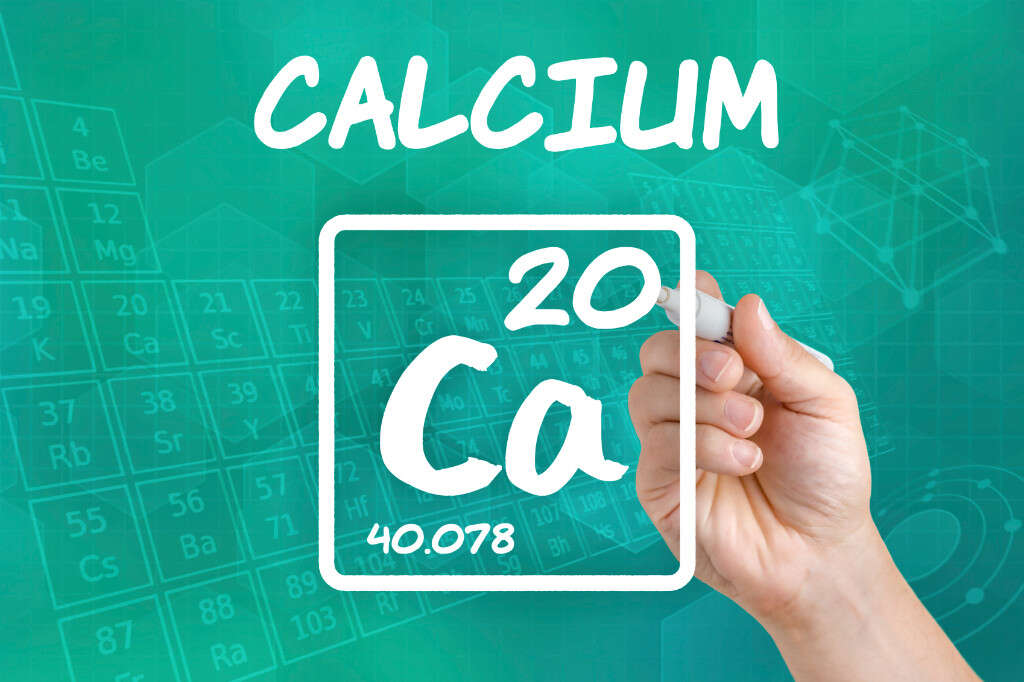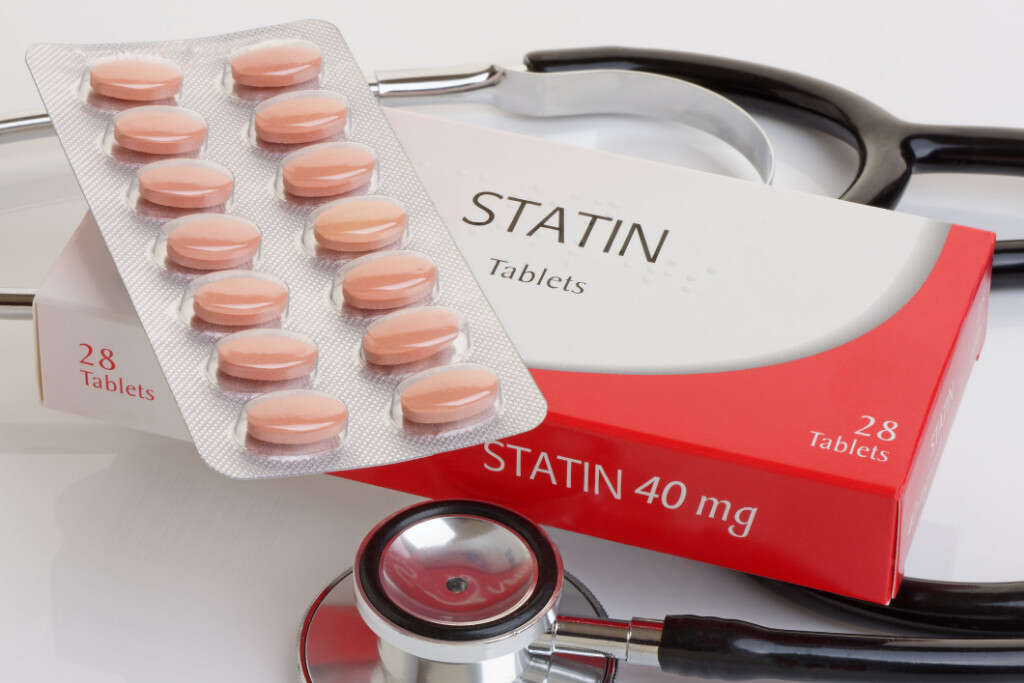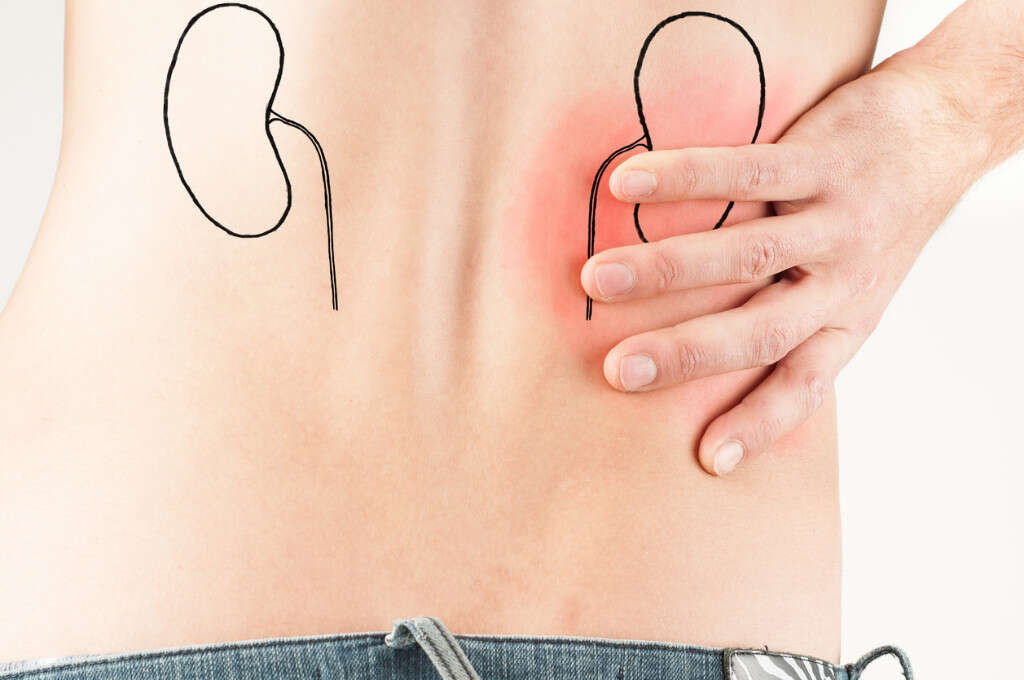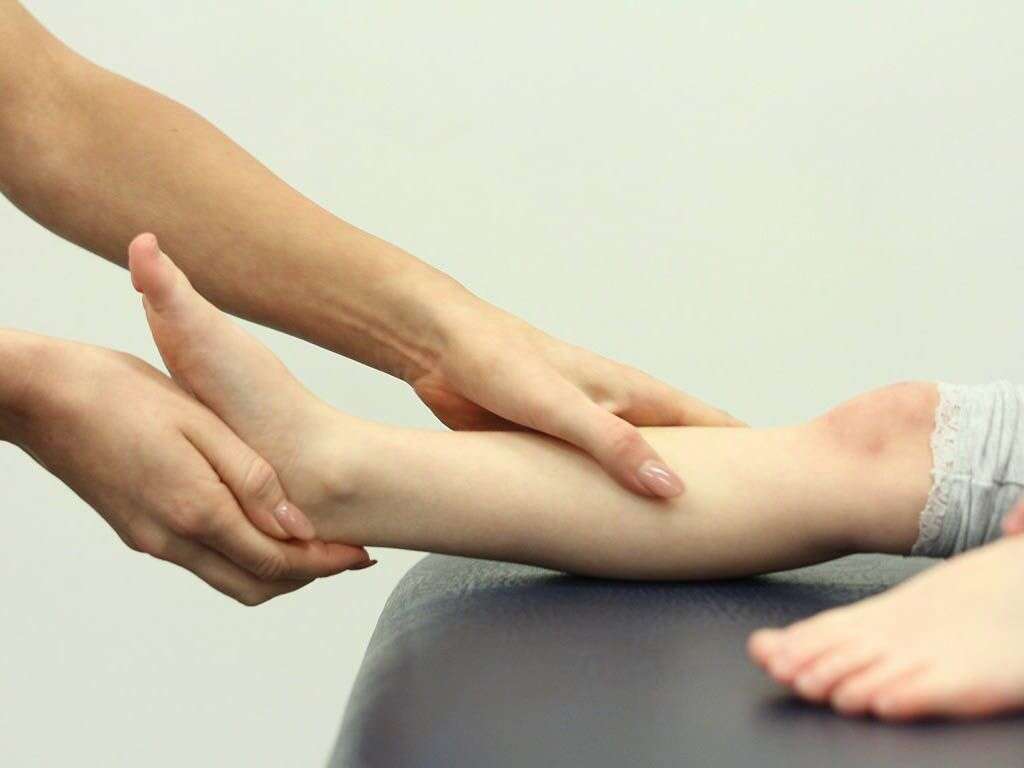10 Causes of Muscle Cramps
A muscle cramp occurs when there is an involuntary and sudden muscle contraction. Although it is transient and usually resolves on its own, it can cause significant pain and temporary immobility of the affected muscle. Muscle cramps usually happen suddenly and resolve after several seconds to hours.
Cramps can occur in both smooth and skeletal muscles. Management of muscle cramps include massage, stretching, and drinking plenty of fluids. Other options that may be beneficial are vitamin B complex, lidocaine, calcium channel blockers, and naftidrofuryl.
Some research reported that quinine may be effective if other treatments have failed. Researchers have also found that pickle juice can be effective due to its high electrolyte and sodium content. Another effective medication is cyclobenzaprine. However, its effectiveness decreases once taken for more than several weeks.

Cause #1: Hypoxia
Hypoxia refers to the condition where the body has inadequate oxygen supply at the tissue level. It can be localized or generalized. While it is often a pathological condition, it may also occur physiologically such as seen in hypoventilation training or strenuous exercise.
Hypoxia can occur in people who ascend to a high altitude resulting in altitude sickness, high-altitude pulmonary edema, and high-altitude cerebral edema. Symptoms include fatigue, paresthesia, nausea, muscle cramps, headaches, hallucinations, and breathlessness.

Cause #2: Hyponatremia
Hyponatremia is a term describing low sodium levels in the blood. It can be defined as having a sodium concentration of less than 135 mmol/l. Severe hyponatremia occurs when the levels drop below 120 mmol/l. Symptoms of hyponatremia include headaches, nausea, confusion, decreased ability to think, seizures, poor balance, muscle cramps, and coma.
Hyponatremia can be due to low volume (diuretics, diarrhea, sweating, vomiting), normal volume (adrenal insufficiency, hypothyroidism, syndrome of inappropriate antidiuretic hormone secretion), and high volume (hyperglycemia, multiple myeloma). Treatment is to correct the hyponatremia and deal with the underlying cause.

Cause #3: Hypocalcemia
Hypocalcemia occurs when the calcium levels in the blood serum is low. The normal range of serum calcium level is 2.1 to 2.6 mmol/l. This means that serum calcium levels below 2.1 mmol/l is defined as hypocalcemia. Symptoms of hypocalcemia are muscle spasms, cramps, numbness, confusion, seizures, and cardiac arrest.
Hypocalcemia can be caused by vitamin D deficiency, hypoparathyroidism, kidney failure, rhabdomyolysis, and pancreatitis. Treatment options involve intravenous calcium chloride, magnesium sulfate, calcium supplements, and vitamin D.

Cause #4: Hypomagnesemia
Hypomagnesemia occurs when there is a low magnesium level in the body. It can result in issues such as muscle spasms, muscle cramps, poor coordination, tremors, appetite loss, nystagmus, personality changes, seizures, and cardiac arrest. It can be caused by diarrhea, alcoholism, low dietary intake, diabetes mellitus, increased urinary loss, and poor absorption from the intestines. Some medications that can cause magnesium deficiency are furosemide and protein pump inhibitors.
A magnesium level lower than 0.6 mmol/l is defined as hypomagnesemia. Treatment can be per oral or via intravenous magnesium sulfate.

Cause #5: Hypokalemia
Hypokalemia occurs when the serum potassium level is low. Although mild cases do not usually cause any issues, more severe cases can cause constipation, tiredness, muscle cramps, muscle spasms, and weakness. It can also slow the heart rate resulting in a cardiac arrest.
Causes of hypokalemia include diarrhea, vomiting, use of medications such as furosemide, dialysis, hypomagnesemia, and inadequate intake from the diet. Hypokalemia can be defined as having serum potassium levels of less than 3.5 mmol/l. Severe hypokalemia is defined as serum potassium levels of less than 2.5 mmol/l.

Cause #6: Multiple Sclerosis
Multiple sclerosis is a condition where there is demyelination of the neurons of the brain and spinal cord causing psychiatric, physical, and mental issues such as muscle weakness, muscle spasms, muscle cramps, blindness in one eye, double vision, sensory issues, and coordination difficulty. Multiple sclerosis can either be progressive or relapsing.
Multiple sclerosis can usually be diagnosed clinically with the aid of supporting tests. Although there is no cure, treatment aims to improve function and prevent new attacks. It includes the use of medications and physical therapy. The life expectancy of patients with multiple sclerosis is about 5 to 10 years shorter compared to those who are unaffected.

Cause #7: Statins
Statins are a class of medications that lower the lipid or cholesterol levels. They help decrease the risk of cardiovascular disease and decrease mortality in those with a high risk of cardiovascular disease.
Since low density lipoprotein (LDL) has been implicated in coronary heart disease and atherosclerosis, statins are beneficial to help lower LDL cholesterol and are currently widely used in the prevention of cardiovascular disease. However, like any other medication, they also have side effects such as muscle pain, muscle cramps, abnormalities in liver enzyme tests, and a higher risk of diabetes mellitus.

Cause #8: Exercise-Associated Muscle Cramps
Exercise-associated muscle cramps are muscle cramps or spasms that occur during or after exercise. It is a common condition even among professional athletes. It is most often seen in endurance events such as a marathon or triathlon.
Although common, the exact cause is still unclear but has been thought to be due to altered neuromuscular control, electrolyte depletion, or dehydration. Medication has not been found to be beneficial in the prevention or reduction of muscle cramping. However, measures such as resting, stretching, and hydration may be beneficial. Recommended fluids are those that contain electrolytes to help replenish the system.

Cause #9: Chronic Kidney Disease
Chronic kidney disease occurs when there is gradual loss of kidney function over a period of time ranging from months to years. Early stages of the condition have little to no symptoms. In the later stages, affected individuals may experience vomiting, tiredness, leg swelling, appetite loss, and confusion.
It has also been associated with cardiovascular disease, hypertension, anemia, and bone disease. Some causes of chronic kidney disease are hypertension, diabetes, polycystic kidney disease, and glomerulonephritis. Muscle cramps, especially leg cramps, are common among those with kidney disease due to fluid and electrolyte imbalance.

Cause #10: Dehydration
Dehydration occurs when there is a deficit of total body water, which causes disruption to the metabolic processes. It may occur due to climate, disease, exercise, or inadequate intake of fluids. Symptoms of dehydration differ based on the severity and include dizziness, headaches, confusion, fatigue, mental deterioration, muscle cramps, muscle spasms, seizures, and death.
Mild dehydration can usually be resolved through oral rehydration. Fluid replacement through intravenous therapy may be required for those who are unable to tolerate oral treatment.












